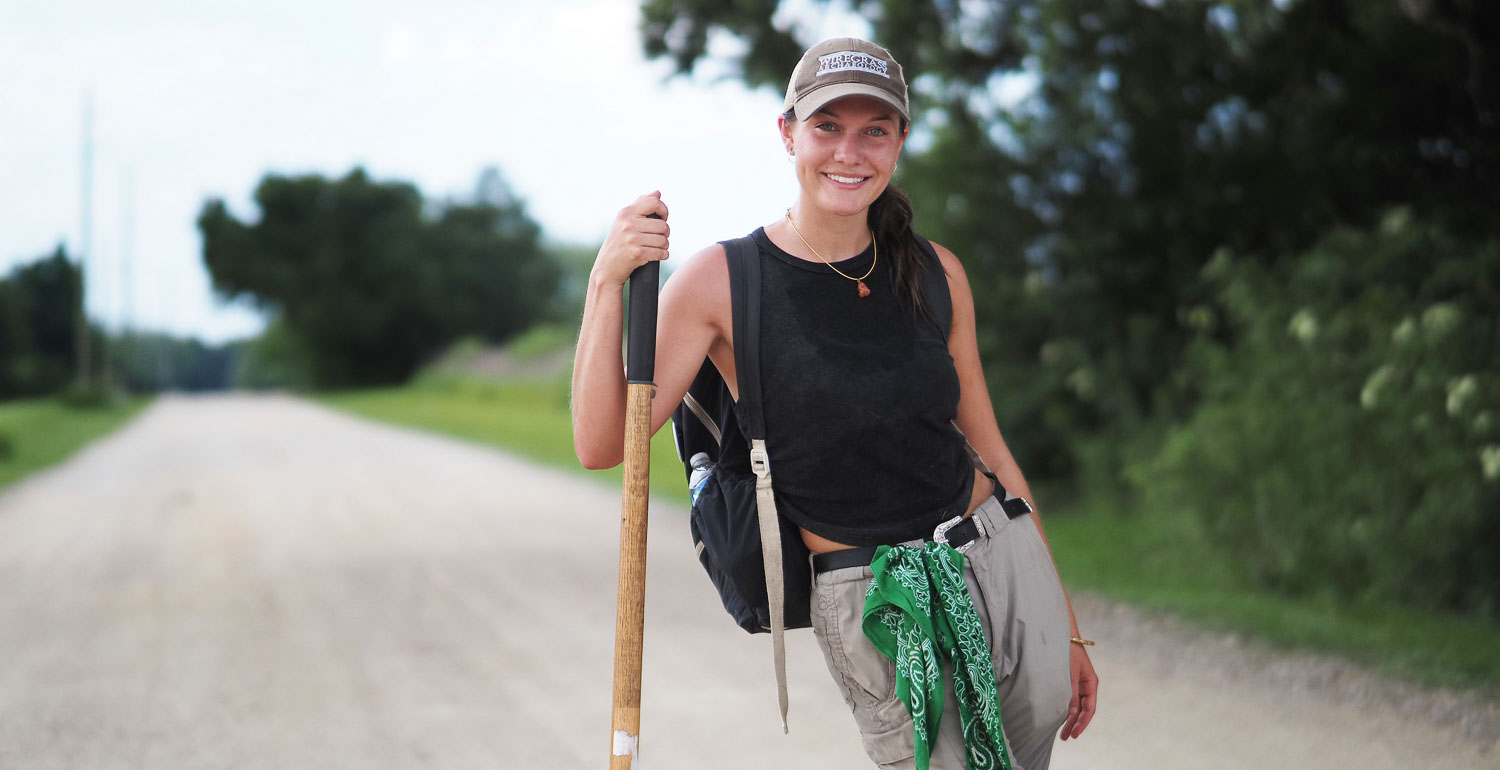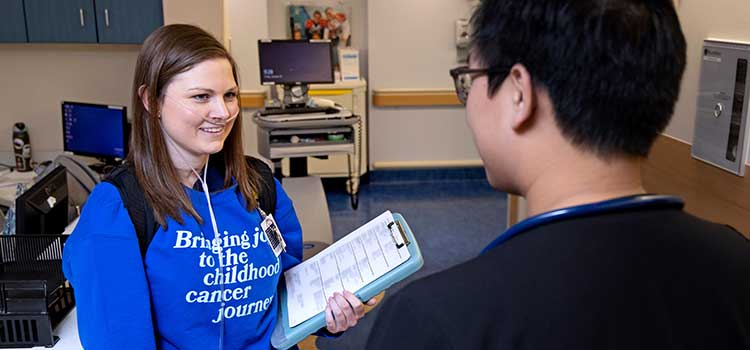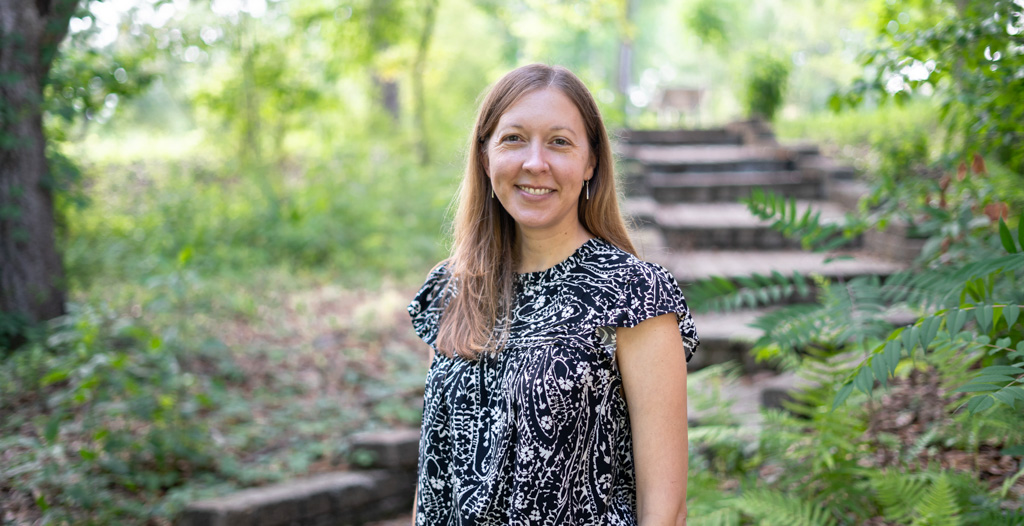USA Researchers Participate in $8 Million Program to Help Disaster-Stricken Communities Recover
Posted on March 26, 2015 by Alice Jackson

Dr. Steve Picou, founder and director of the University of South Alabama Coastal Resource and Resiliency Center, and Dr. Keith Nicholls, his senior associate director, are using funds from a Deepwater Horizon disaster recovery program to research and build resiliency in coastal communities impacted by the 2010 oil spill.
The research is funded by an $8 million, three-year consortium grant from the Gulf of Mexico Research Initiative. Picou and Nicholls hope to establish a clearer picture of ways the oil spill affected coastal communities and to develop evidence-based strategic planning and risk communication strategies for the future. The research results can provide guidance for policymakers to help identify specific actions to mitigate future disaster impacts more effectively.
As part of the Consortium for Resilient Gulf Communities, the two long-time USA professors will be recruiting and training community health workers to serve in impacted coastal communities. In addition to USA, the consortium includes researchers from the RAND Corp., Louisiana State University, Tulane University and the Louisiana Public Health Institute.
“The idea is you can build resiliency in these communities over the long term if you have residents who can respond to problems quickly after a disaster,” Picou explained. An internationally recognized expert in how disasters impact communities, Picou is using skills and research knowledge he obtained during decades of study about the impact of the Exxon Valdez oil spill on Alaskan communities. That research shows that disaster-stricken communities lose social capital for years after massive oil spills, slowing disaster recovery.
Recently, Picou and Nicholls trained 24 volunteer peer health advocates in Gulfport, Miss., a coastal community devastated by Hurricane Katrina in 2005 and impacted by the Deepwater Horizon spill five years later. It is expected that these volunteers will supplement the activities of the community health workers funded through the consortium in helping vulnerable communities prepare for future disasters.
“We are using highly diverse groups to rebuild networks of people and organizations,” Nicholls said. “Working within their communities, these volunteers actually provide a source of social capital and help build resiliency among families, neighbors, coworkers and fellow church members."
Lynne Chronister, USA vice president for research and economic development, described Picou and Nicholls as “two exceptionally skilled researchers.” She added: “The research and training they are leading will enable Gulf Coast communities affected by the Deepwater Horizon spill to recover and become even stronger and more resilient.”
For more information, visit www.resilientgulf.org, or contact Picou and Nicholls at the USA Coastal Resource and Resiliency Center at (251) 460-1717.
-

Soil to Sea
Grace Barrentine's work as an anthropologist has her digging into...
July 25, 2025 -

Childhood cancer survivor turned social worker, Katelyn Tillman helps patients at Children's & Women's Hospital
Diagnosed with osteosarcoma at age 13, Katelyn Tillman spent months-lo...
January 15, 2025 -

Gregoricka Receives Fulbright Scholar Award
Bioarchaeologist Dr. Lesley Gregoricka, professor of anthropology in t...
May 14, 2024 -
Choctaw Indigenous Potters to Visit USA Campus
The University of South Alabama and Mobile-area communities will have ...
September 26, 2023


